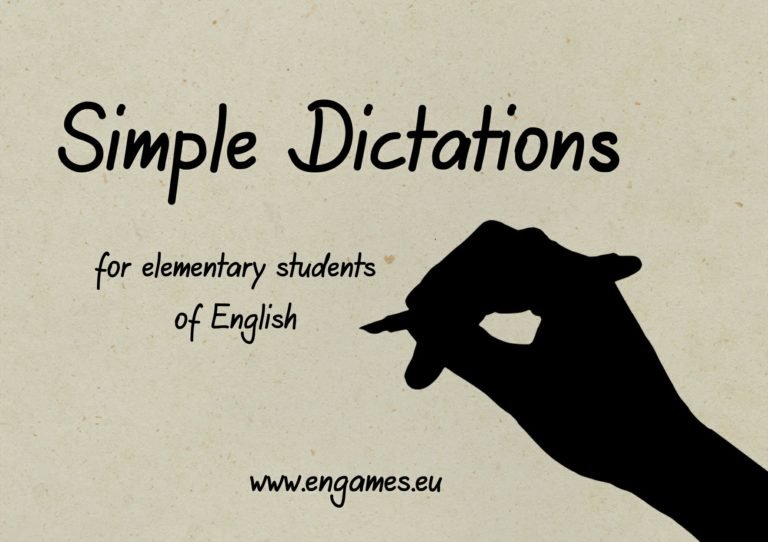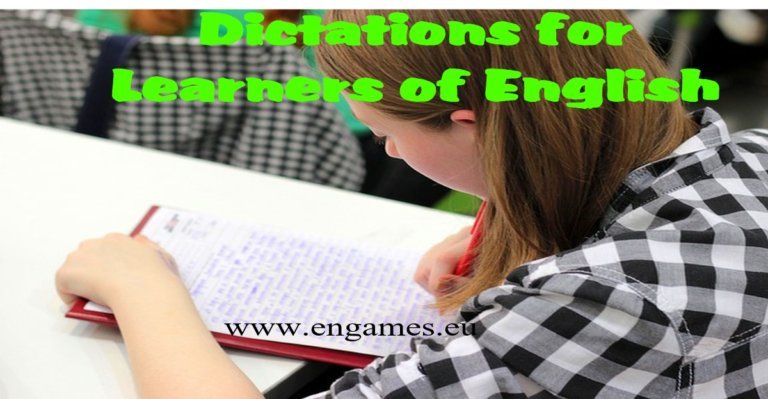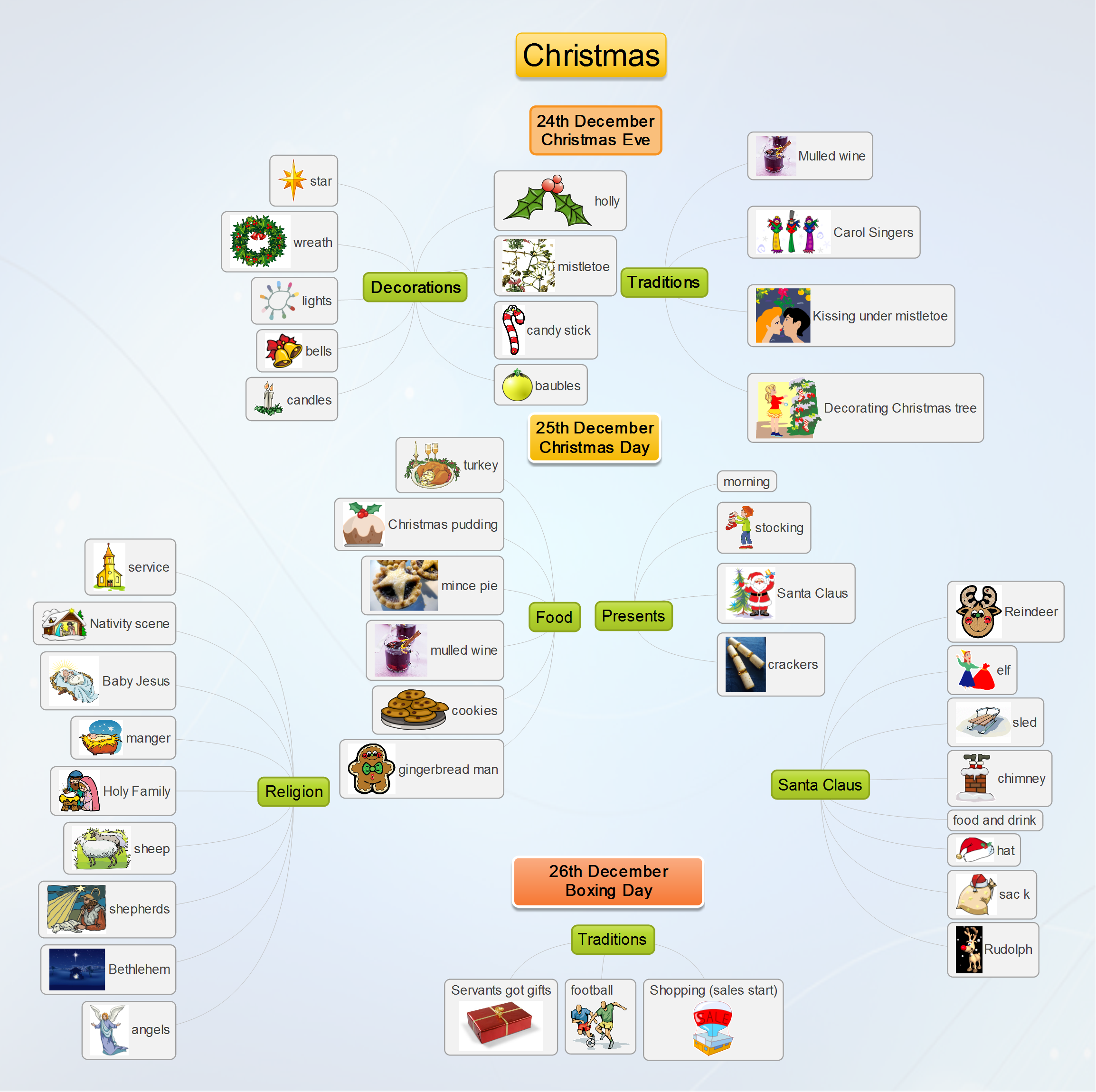Simple Dictations for Elementary Students
Dictations?! Really? Isn’t this method outdated, boring and non-communicative? Yes, it certainly isn’t modern or innovative, but it is useful. It provides feedback on listening and during a dictation the skill of writing gets some practise. Moreover, Paul Nation in his book “What Every EFL Teacher Should Know?” puts dictation among Language-Focused listening and speaking…


